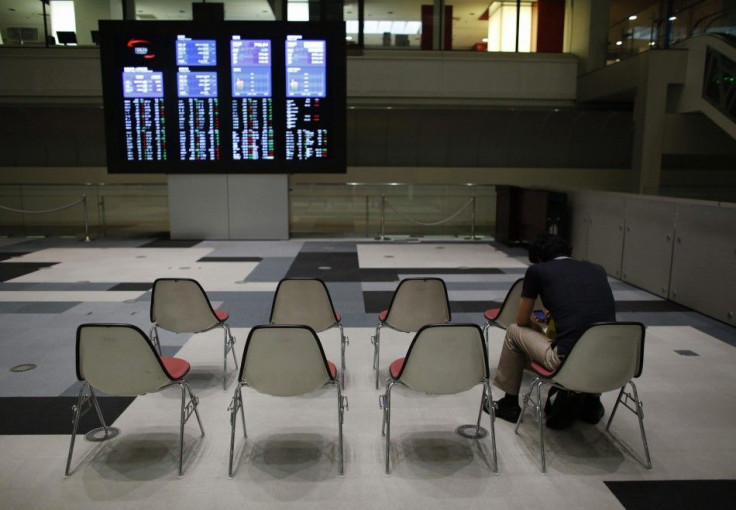Tokyo Stock Exchange Sees Trading Disruption Due to Technical Glitch

Tokyo Stock Exchange on Tuesday became the third major stock exchange to have a trade-halting technology failure in less than a week, with some interruption during premarket action due to what the exchange operator called a "systems problem."
The bourse, arguably the most prominent outside North America and Europe, started experiencing a technical problem that stopped trading in derivatives for 97 minutes. A spokesman for the exchange operator told The Wall Street Journal "the cause of the trouble is yet to be determined," but the Financial Times, without citing sources, is reporting the trouble arose from a broken router within the institution's derivatives trading system.
The issue disrupted trading in, among other instruments, future contracts for Japanese government bonds and securities linked to the benchmark Nikkei 225 equity index.
It is not the first time this year the exchange has suffered such problems. In February, it suspended trading of more than 200 securities during its morning session -- the exchange pauses trading during lunchtime -- due to a computer problem.
As is customary in Japanese corporate culture, the exchange's president took a steep pay cut after that glitch and publicly apologized.
A lot of apologizing on the part of the world's exchange operators and market-makers seems to be going on at the moment. Monday, the Madrid Stock Exchange saw trading halted for nearly five hours due to, again, technical problems. That followed a debacle drive by "a rogue algorithm wreaking havoc on the market" in New York last Wednesday, which distorted prices and trading volumes for hundreds of issues and caused the firm behind the mayhem $440 million in losses.
"This is another serious systems failure," Hiroshi Matsubara, a Tokyo-based marketing director at global trading technology company Fidessa, told the Financial Times. "It doesn't look good."
© Copyright IBTimes 2025. All rights reserved.





















